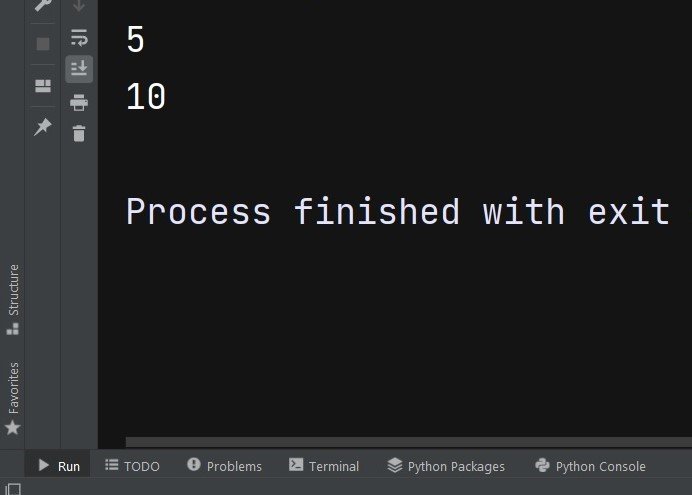In this Python article we want to talk about Python Variable Scopes and Namespaces, when you want to write Python code, it is important to understand that how variables are scoped and how they interact with namespaces. properly understanding of these concepts will help you write cleaner and more maintainable code, also you will avoid common errors that can arise from variable naming conflicts. particularly in this article we want to talk about these concepts in depth and provide examples that how to use them effectively.
Now let’s talk about variable scopes
Variable Scopes
Variable scopes refer to the areas of your code where variables are accessible. Python has two main types of variable scopes global and local. Global variables are accessible throughout your code and local variables are only accessible within specific block of code, for example inside a function.
This is an example of how global and local variable scopes work:
|
1 2 3 4 5 6 7 8 9 |
x = 10 # global variable def my_function(): y = 5 # local variable print(x, y) my_function() # outputs "10 5" print(y) # throws an error because y is # not accessible outside of my_function() |
In this example x is global variable because it is defined outside of the function. y is local variable because it is defined inside the function and is only accessible within that function.
Namespaces
Namespaces are like dictionaries that map variable names to their corresponding objects. each namespace has its own set of variable names that are unique within that namespace. when you create variable in Python, it is automatically assigned to the current namespace.
This is an example of how namespaces work:
|
1 2 3 4 5 6 7 8 |
x = 10 # assigned to the global namespace def my_function(): x = 5 # assigned to the local namespace print(x) my_function() # outputs 5 print(x) # outputs 10 |
In this example x is assigned to the global namespace when it is defined outside of the function. when the function is called new x variable is created and assigned to the local namespace. when the function returns, the local x variable is destroyed leaving the global x variable intact.
This is the output

Best Practices for Using Variable Scopes and Namespaces
Now let’s talk about best practices to use variable scopes and namespaces in Python, these are some best practices to keep in mind:
- Use global variables sparingly: It is generally best to avoid using global variables because they can lead to naming conflicts and make it difficult to debug your code.
- Use local variables when possible: Whenever possible, use local variables instead of global variables to avoid naming conflicts and make your code more readable.
- Use descriptive variable names: Use descriptive variable names that accurately describe the data they contain to avoid naming conflicts and make your code more readable.
- Avoid using global keyword: even global keyword can be used to access global variables from within function, it is generally best to avoid using it to keep your code clean and maintainable.
Learn More on Python GUI
- How to Use Stylesheets in PyQt5
- How to Build Custom Widgets in PyQt6
- How to Create CheckButton in Python TKinter
- Object Tracking with Python & OpenCV
- How to Load UI in Python PySide6
- How to Create RadioButton in PySide6
- How to Create ComboBox in PySide6
- How to Create CheckBox in Python PySide6
- Responsive Applications with PyQt6 Multithreading
- Event Handling in Python and PyQt6
- How to Use Stylesheets in Python PyQt6
